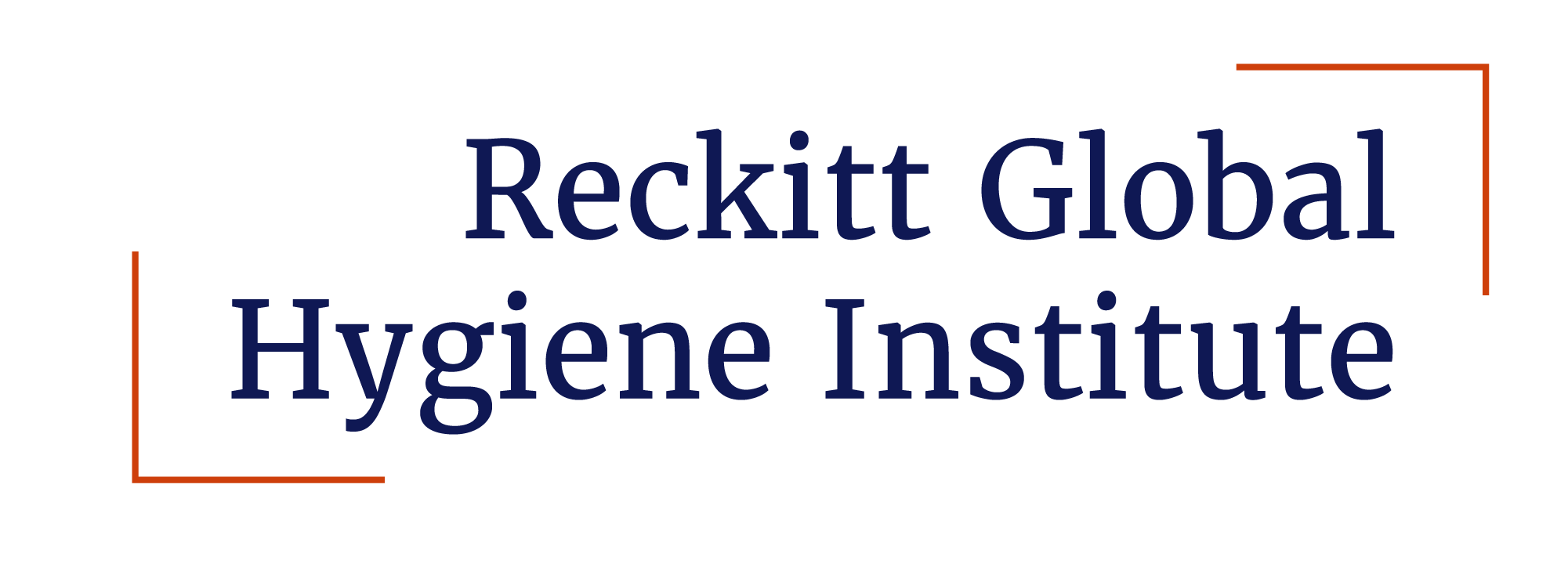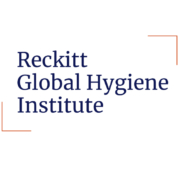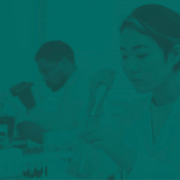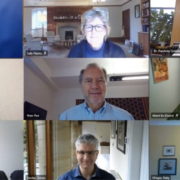Global Hygiene Symposium in Singapore Will Foster Collaborative Solutions for Global Health and Wellbeing
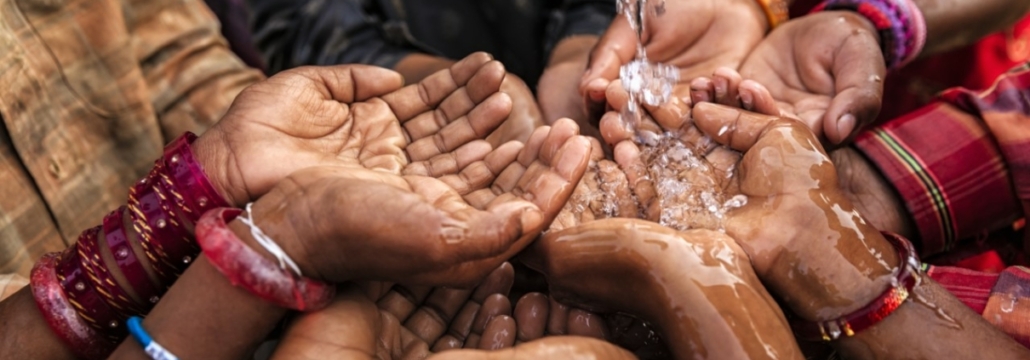
The Global Hygiene Symposium in Singapore (December 6-8, 2023) aims to drive innovative solutions in global health and expedite progress in hygiene as a pivotal component of overall well-being and global health security. While hygiene is recognized as a crucial prerequisite by numerous epidemiologists and public health experts, it tends to receive minimal consideration in public policy discourse. The symposium seeks to ignite cross-disciplinary partnerships, driving innovative solutions in global health while expediting progress in the realm of hygiene as a pivotal component of overall wellbeing and global health security.
The Global Hygiene Symposium, hosted by RGHI (Reckitt Global Hygiene Institute) and Chatham House, will bring together a diverse array of researchers, policymakers, and practitioners, and will be a platform for exploring ways to give priority and increase the effectiveness of integrated approaches across hygiene disciplines. The symposium will establish common challenges within the fields of hand hygiene, zoonosis, food hygiene, antimicrobial resistance (AMR), women’s health and environmental health, and cultivating avenues for cooperation and devise ways to better align hygiene with broader development objectives.
Clarissa Brocklehurst, a water supply, sanitation, and hygiene specialist, who has worked for almost 40 years in the international development sector, is the Global Hygiene Symposium facilitator.
By considering and developing areas for collaboration within and between different hygiene fields, the symposium aims to establish areas for multi-sectoral collaboration across hygiene fields. Through dialogue between public policymakers, researchers and hygiene practitioners, the symposium will strengthen the understanding of the pathways to comprehensive hygiene strategies.
The symposium offers a platform for hygiene researchers and practitioners to cultivate a shared understanding of the evidence that underpins advancements in public health results. By bringing together stakeholders from diverse sectors, the symposium will pinpoint knowledge gaps and research requirements – crucial for enhancing public health outcomes and wider societal welfare – and present ways that research can effectively shape policy and action, within policy-making and in practical applications.
The agenda draws on current research, policy and practice advances, and challenges across a broad spectrum of issues related to hygiene and health globally. Each session will foster dialogue that identifies research gaps but also explores potential remedies. The goal is to amplify the impact of research on policy decisions and to propose strategies that bridge the divide between research and policymaking. Over the course of three days, the symposium will focus on generating actionable recommendations, tailor-made for real-world implementation and influence on global health security measures.
———- END ———–
Notes to editors:
For more information please see: https://globalhygienesymposium.org or contact Sarah Roberts, sarah_r@mail.rghi.org
RGHI:
RGHI is a private foundation with the primary aim of addressing gaps in research funding and data availability within the hygiene field. With a clear mission in mind, RGHI is dedicated to conducting focused research on hygiene and hygienic behaviors while bringing together relevant experts to explore how this research can lead to tangible and meaningful changes. Right from its inception, RGHI has been actively working to promote, sponsor, and fund practical scientific research with the overarching objective of enhancing individual and public health.
Chatham House:
Chatham House, the Royal Institute of International Affairs, is an independent policy institute based in London. The Institute’s mission is to help build a sustainably secure, prosperous and just world. Chatham House’s global health programme is a global leader in global health security, the social determinants of health and the political economy of Universal Health Coverage reforms. It adopts a multi-disciplinary approach by bringing together leading experts in public health, health systems reforms, health economics, and health security. Exploiting its comparative advantage, the programme works with global, regional, national and subnational actors across government and non-government sectors to enact effective and efficient health policies and strategies, which are amplified through Chatham House’s convening power.
